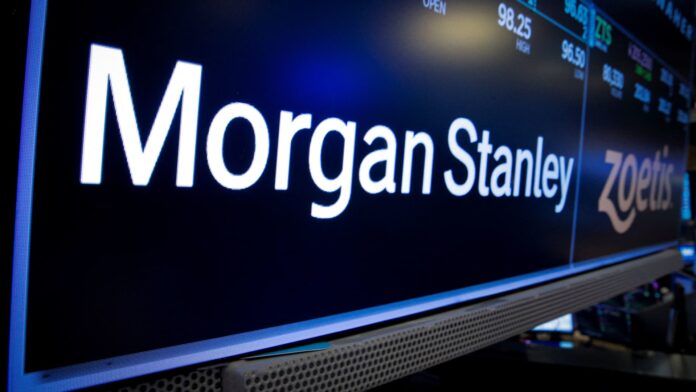Investors should stick to companies that can keep generating earnings as they navigate high inflation and a consumer slowdown, according to DCLA’s Sarat Sethi. “Earnings are going to drive this market going forward,” Sethi said Monday on CNBC’s “Squawk Box.” “Not multiple expansion, not liquidity, it’s going to be where do we find earnings, and where do we find companies that can actually make money?” The managing partner and portfolio manager at Douglas C. Lane & Associates said he finds value in businesses that are trading at below market multiples that have better growth. Among his picks? Financial services stocks such as Morgan Stanley , which has a nearly 4% dividend yield, and American Express . Well-managed industrial companies such as Honeywell and Ingersoll Rand, which have generated earnings in periods of high inflation, are also good picks for investors, according to Sethi. A more defensive pick from Sethi is health care company Bristol Myers , which has a 3% yield. “There are a lot of companies out there,” Sethi said. “You don’t have to go to the speculative fervor and say, ‘Hey, I need cash flows down five, 10 years in the future,’ you can get really good companies today. And you can actually barbell your portfolio and you don’t have to be focused on one side, you can be diversified and yet partake in the upside.” Meanwhile, Sethi advised investors to parse through consumer names for the firms that can weather a demand slowdown and those that cannot. The investor said businesses such as GM and Delta are “wonderful companies” if they continue to perform, manage to keep margins and cash flow intact. In contrast, a pandemic beneficiary such as Peloton could get hurt as consumers grow selective on where they spend their money. “I think they’re going to spend it on services not products, so that’s why you see the cruise lines, the hotels, everybody doing well,” Sethi said. “But the washing machines and dishwashers, those are in trouble.” At the same time, Sethi said he does not expect to buy any stocks to play the Inflation Reduction Act, including solar stocks such as First Solar, as he waits to see how companies execute their business plans.
© heardonwallstreet.com


